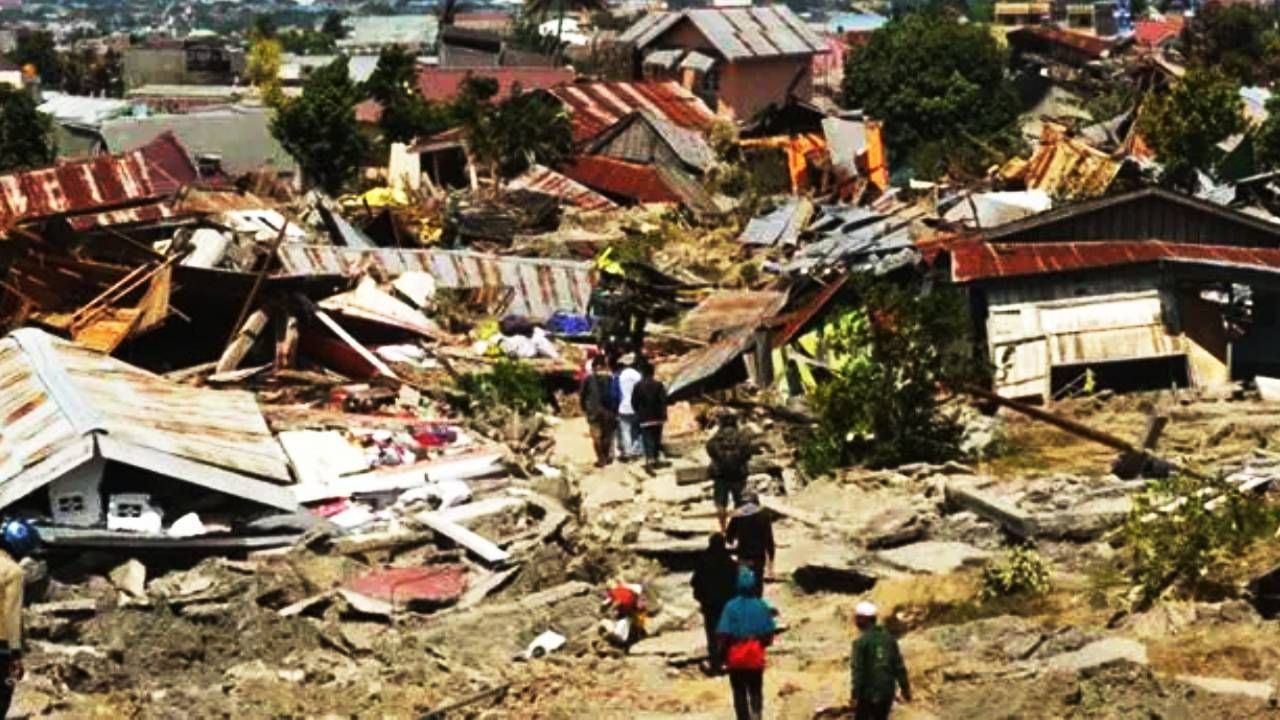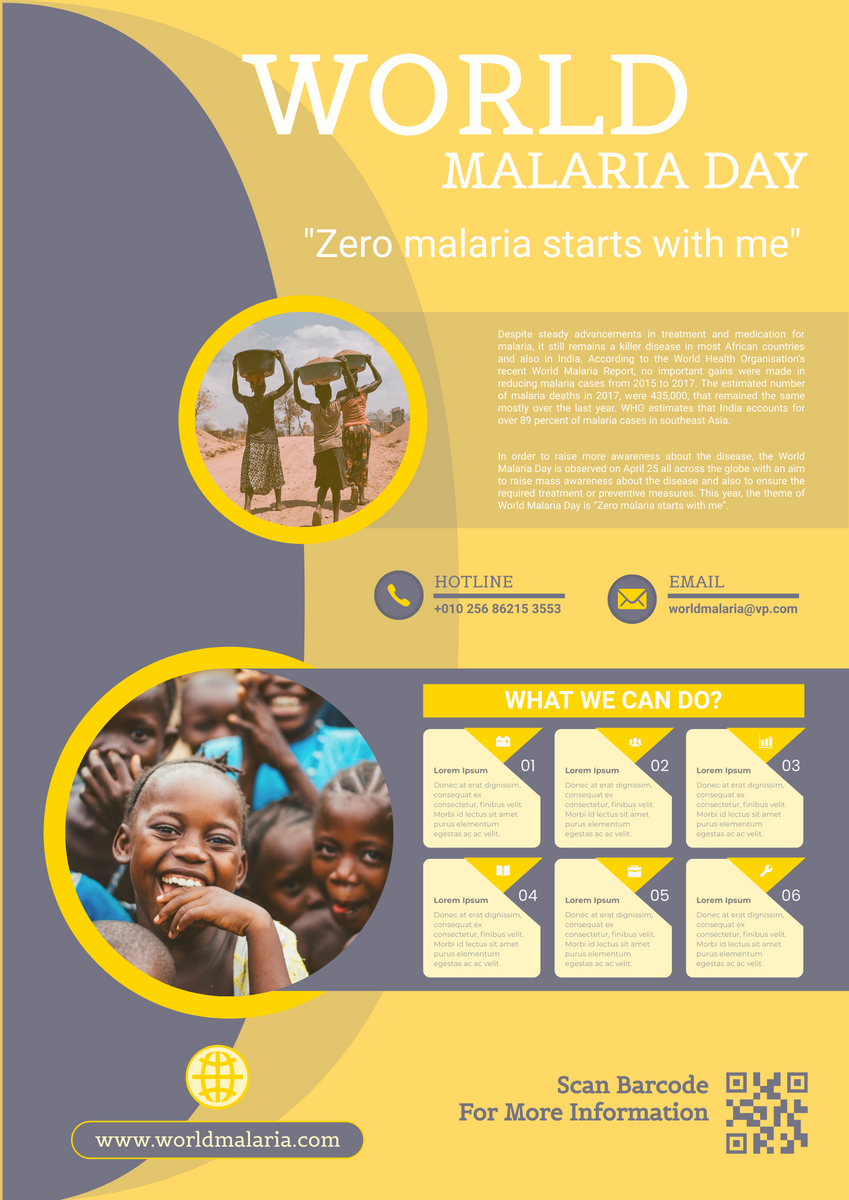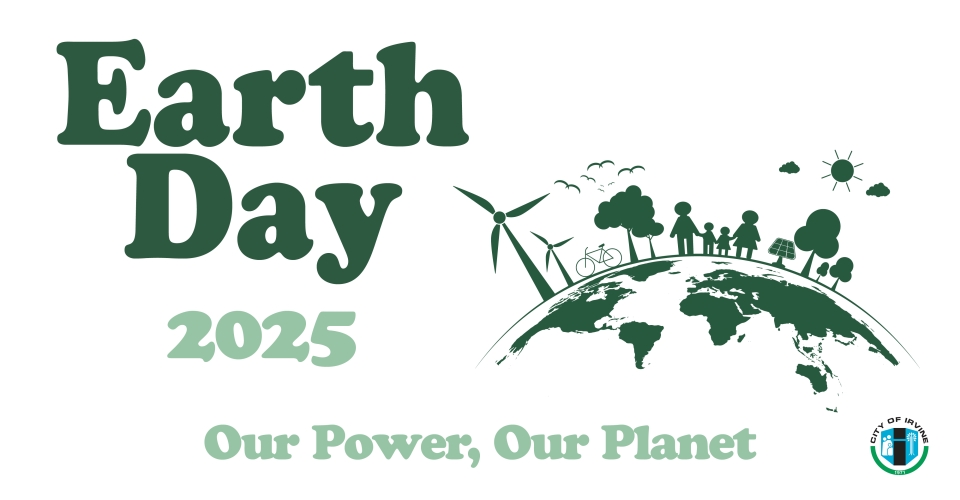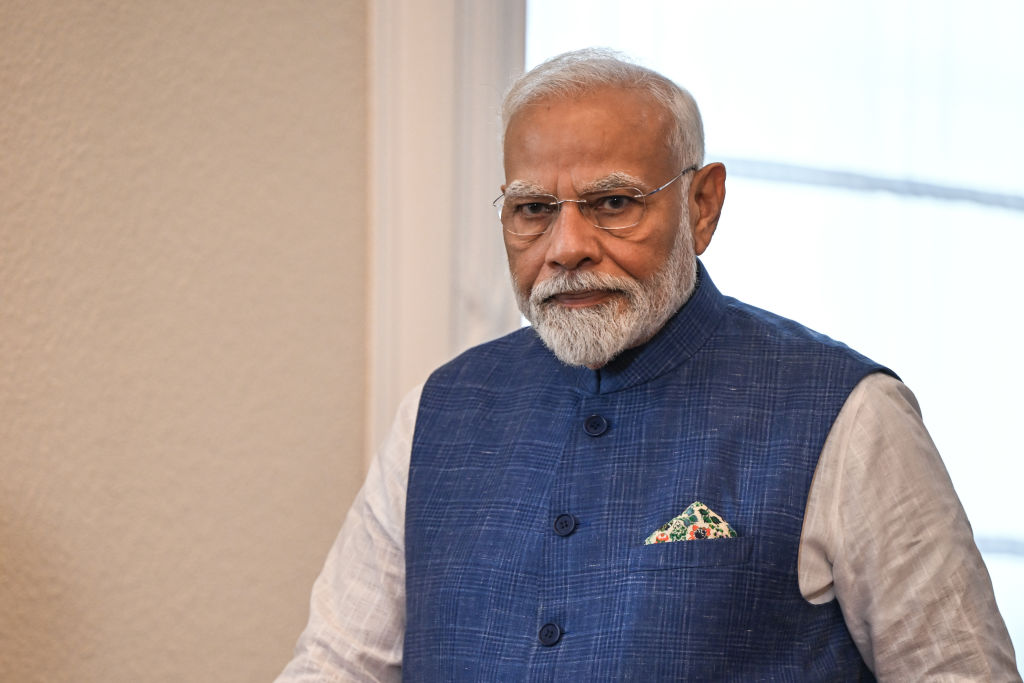


As one of India's most populated and important cities, Delhi is facing a major threat in the form of earthquakes. Located in Seismic Zone IV, multiple local fault lines, and its proximity to the Himalayas make the city especially vulnerable. With many new high-rise buildings and non-earthquake resistant structures, areas like Gurugram and Yamuna flood plains are at high risk. In just six months of 2020, 135 tremors were recorded, indicating increasing seismic stress. Experts warn that given Delhi's alluvial soil composition, a large quake is not a matter of "if" but "when," making preparedness crucial for the safety of its residents.
Delhi: A Seismic Zone Under Threat
Background
Delhi, one of India's most populous and significant cities, lies in a region of high seismic vulnerability. Located in Seismic Zone IV, it is cut by several local fault lines and is situated near the geologically active Himalayas. These factors make the city particularly susceptible to earthquakes.
Seismic Concerns
The seismic history of Delhi is concerning. In 1960, a moderate earthquake measuring 5.8 on the Richter scale caused considerable damage to the city. In recent years, seismic activity has increased, with 135 tremors recorded in the first half of 2020 alone. Experts warn that the composition of Delhi's soil, which is primarily alluvial, amplifies the impact of earthquakes, increasing the risk of widespread damage and casualties.
High-Risk Areas
Specific areas of Delhi are at heightened risk due to their geological characteristics and the presence of vulnerable structures. Gurugram, located on the outskirts of the city, is situated on the Yamuna River's flood plains and has a large number of high-rise buildings. The Yamuna flood plains, in general, are known to amplify seismic waves, increasing the potential for damage.
Vulnerability and Mitigation
Many buildings in Delhi, both old and new, were not constructed with earthquake-resistant features. This vulnerability, combined with the increasing population density, poses a significant risk to the city's residents. The Delhi government has taken steps to address this issue by implementing building codes and promoting seismic safety measures.
Top 5 FAQs and Answers
1. When is a large earthquake expected to hit Delhi?
Experts agree that it is not a matter of "if" but "when" a large earthquake will strike Delhi. The exact timing is unpredictable, but the seismic stress is building, indicating the likelihood of a major event in the near future.
2. What are the most vulnerable areas of Delhi to earthquakes?
Gurugram, Yamuna flood plains, and central Delhi are among the most high-risk areas due to their proximity to fault lines, soil composition, and the presence of vulnerable structures.
3. What measures are being taken to mitigate the impact of earthquakes in Delhi?
The Delhi government is implementing building codes that require earthquake-resistant construction, promoting seismic safety awareness campaigns, and upgrading critical infrastructure.
4. What can individuals do to prepare for earthquakes?
Individuals can take precautionary measures such as: securing furniture and fixtures, making emergency plans, having a first-aid kit and essential supplies, and familiarizing themselves with evacuation procedures.
5. What lessons can be learned from past earthquakes in Delhi?
The 1960 Delhi earthquake provides valuable insights into the impact of seismic events on the city. It highlighted the importance of earthquake-resistant construction, seismic safety awareness, and emergency preparedness.

Many of us have taken first aid and CPR courses, with the intention of self-betterment. However, when faced with an actual emergency, our knowledge seems to vanish. This was the experience of a writer, who regretfully walked past a woman in need, despite being certified in first aid. The recent news of a 15-year-old who managed to keep an elderly man alive through CPR serves as a reminder of the importance of this life-saving skill. The writer urges readers not to make the same mistake, and instead prioritize brushing up on their first aid and CPR knowledge.

April 25 marks World Malaria Day, an annual event that aims to increase awareness and promote measures to control and prevent the disease. With millions still affected by malaria, individuals and communities are encouraged to take crucial preventive steps. These include sleeping in air-conditioned rooms and using repellents with DEET or lemon eucalyptus oil. Other effective measures include sleeping under an insecticide-treated mosquito net and wearing protective clothing. Additionally, it is essential to eliminate stagnant water to reduce mosquito breeding. Take action to protect yourself and others against this deadly disease on World Malaria Day.

Each year on April 23, World Book Day celebrates the profound impact of books and literature on our world. This year, the official theme is "The role of literature in achieving the Sustainable Development Goals," highlighting the power of reading to bring about positive change in our society. As we honor literary legends and promote reading, let's also take part in the global festivities and contribute to the ongoing goal of making books accessible to all.

On April 23, 2025, the world will come together to celebrate World Book and Copyright Day, recognizing the profound influence that books and reading have on individuals and societies. This year's theme will be 'The role of literature in achieving the Sustainable Development Goals (SDGs),' highlighting the crucial role literature plays in addressing global issues and promoting cultural exchange. Since its establishment in 1995, this day has become a beloved tradition, with various events organized by publishers, booksellers, and libraries to promote the joy of reading. Join in the celebration and exchange books as gifts to honor literary legends on this special day.

As we enter April, the month of Earth Day, it becomes imperative to reflect on the state of our planet. From extreme climate patterns to mounting pollution levels, the need for environmental sustainability has never been greater. With schools and communities incorporating environmental education into their curriculum, the next generation is leading the way towards a greener future. Yet, true change begins with individual actions. By making small, but impactful choices in our daily lives, we can collectively reduce our carbon footprint and preserve Earth's natural resources. Let us use this month as an opportunity to educate ourselves about environmental sustainability and make conscious efforts to protect our planet.

Commemorating the 55th anniversary of Earth Day, this year's theme celebrates the collective strength of communities, individuals, and nations in protecting and restoring the planet through actionable and sustainable solutions. With a focus on tripling renewable energy generation and promoting a swift transition to clean energy sources, Earth Day 2025 serves as a critical milestone in the global efforts to address environmental challenges and promote eco-friendly practices. Join over 1 billion people in 192 countries to honor our planet's natural beauty and resources, and take the necessary steps towards a more sustainable future. Let us remember the wise words of inspiring figures such as Mahatma Gandhi, Mother Teresa, and Barack Obama on the importance of conserving Earth's resources for future generations.

Get your daily dose of news from around the world in one comprehensive e-paper, including top stories from India, Karnataka, cinema, science, technology, and more. With a variety of sections to cover all your interests, this e-paper brings you the most important headlines and updates to keep you informed and engaged.

On Friday, March 8, the city of Nagpur was abuzz with the excitement of Mahashivratri, a prominent Hindu festival dedicated to the worship of Lord Shiva. Devotees flocked to various temples across the city, including the unique Shiv Kalyaneshwar Mandir in Mahal, to participate in puja, aarti, and seek the divine blessings of Lord Shiva. The peaceful and spiritual atmosphere was marked by the sounds of sacred chants as devotees celebrated with unwavering faith and devotion, reinforcing the enduring cultural and religious traditions of the city.

On World Health Day, Prime Minister Narendra Modi emphasizes the importance of good health and reaffirms the government's dedication to improving healthcare in India. He urges people to prioritize their health and discusses the government's efforts towards promoting well-being. Additionally, an informational article is included, highlighting the effects of climate change on maternal and newborn health and reminding readers to consult medical professionals before making major health-related changes.

As the holy day of Easter approaches, people around the world are gearing up to celebrate the resurrection of Jesus Christ. This festival has a deep spiritual significance for Christians and symbolises the triumph of good over evil. From Easter eggs and bunny hunts to attending parades, the day is filled with joy and merriment. Share the warmth and love of this occasion by sending heartfelt Easter wishes, images, and quotes to your family and friends.